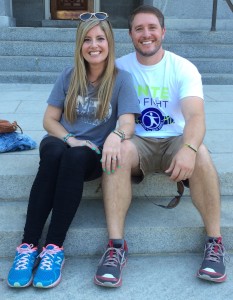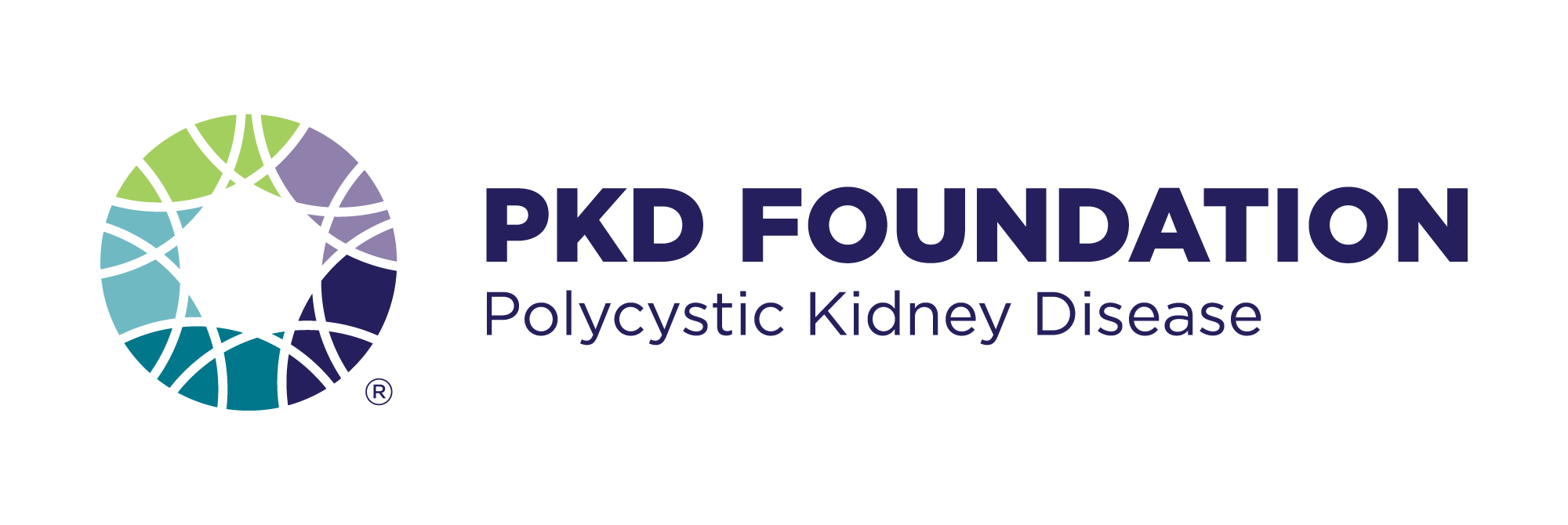Next Steps and
Helpful Links

Family and Caregivers
Caring for a loved one with PKD can be a stressful change. It is easy to feel overwhelmed and unable to cope. As a caregiver, you may experience extremely high levels of stress that can cause emotional and physical symptoms such as:
- Sleep disturbance
- Loss of energy and feeling tired
- Reduced resistance to infection
- Problems concentrating
- Headaches
- Backaches
- Muscle aches
- Stomachaches
All of these symptoms are normal but avoidable.
Caring for yourself while caring for others is critical. Here are some tips to help you stay physically and emotionally healthy as you support your loved one.
- Know that you are “at-risk” for burnout and pay attention to signs and symptoms of stress.
- Recognize the ways in which your body shows you that you are stressed. Some signs of stress might include: tightness in your shoulders, backaches and headaches.
- Practice setting limits and alleviate the stress you can control.
- Maintain a healthy diet, stay physically active and try to get enough sleep for your own physical, mental and emotional well-being. Caregivers are often aware of the importance of these things for others, but sometimes neglect to these for themselves.
- Set practical goals for how you spend your time. Don’t allow time to become an enemy.
- Cultivate a personal support system. A close personal friend can be a real lifesaver when it comes to managing stress and preventing burnout.
The PKD Foundation does not offer medical advice. The information shared on this website is not intended to be a substitute for professional medical advice, diagnosis, or treatment. We strongly recommend that your care and treatment decisions be made in consultation with your healthcare professional team.
PKD WILL NOT BEAT ME
A caregiver’s perspective

Valen’s husband, Noah, offers insight into what it’s like to be a caregiver to a PKD patient.
I sat with my face in my hands as the fifth person tried to start an IV in Valen’s delicate veins. She was trembling vigorously, staring at the ceiling; her tired eyes were red and glassy. She winced as the needle pierced her skin for the eleventh time; tears again welled up. We had been at the hospital for several hours at this point and we were both exhausted, neither of us had much left to give. This had to work. I waited with baited breath and finally heard the words I had been waiting for, “I can taste the saline!” Valen exclaimed. A wave of relief came across me and my eyes welled up with tears, the IV was a success.

